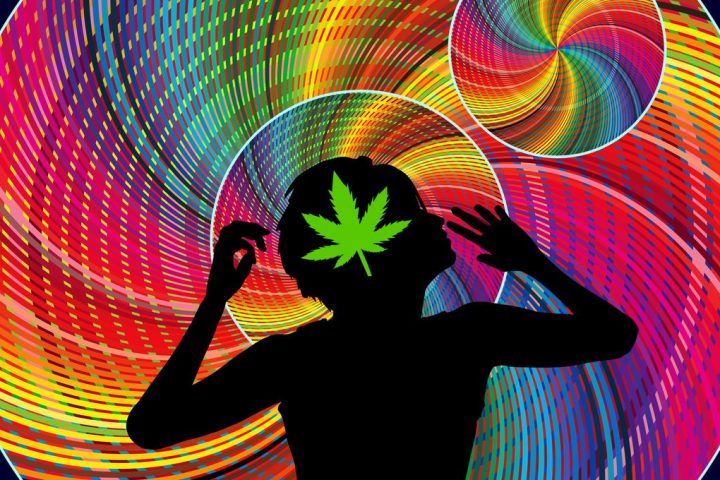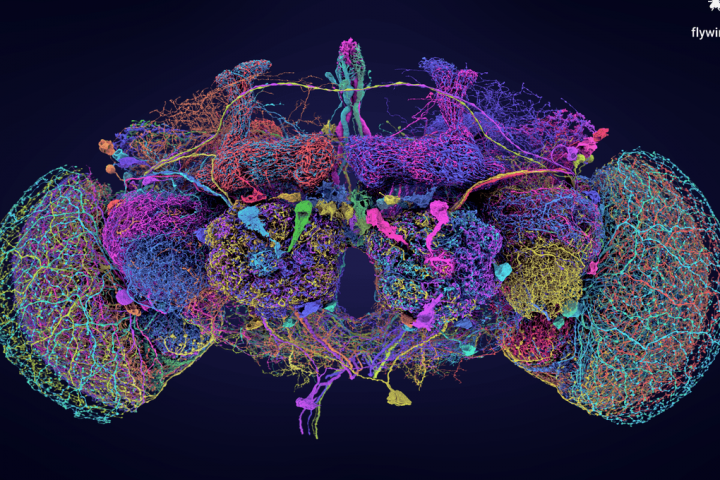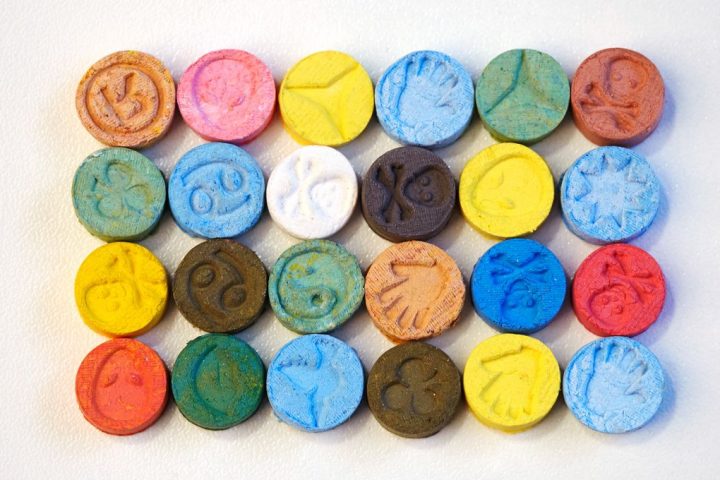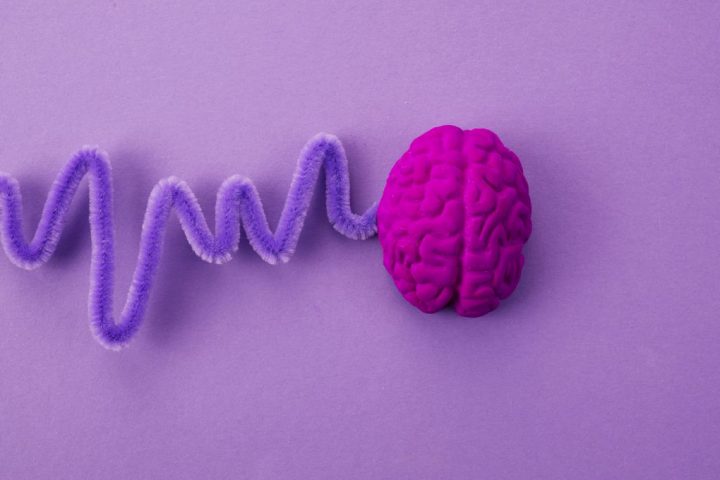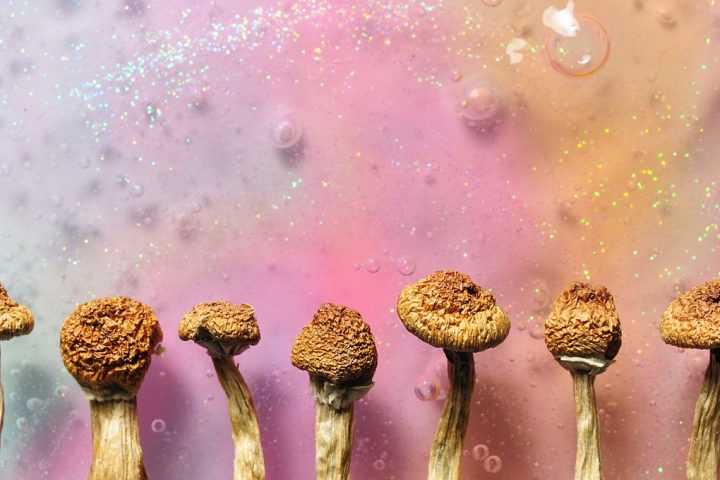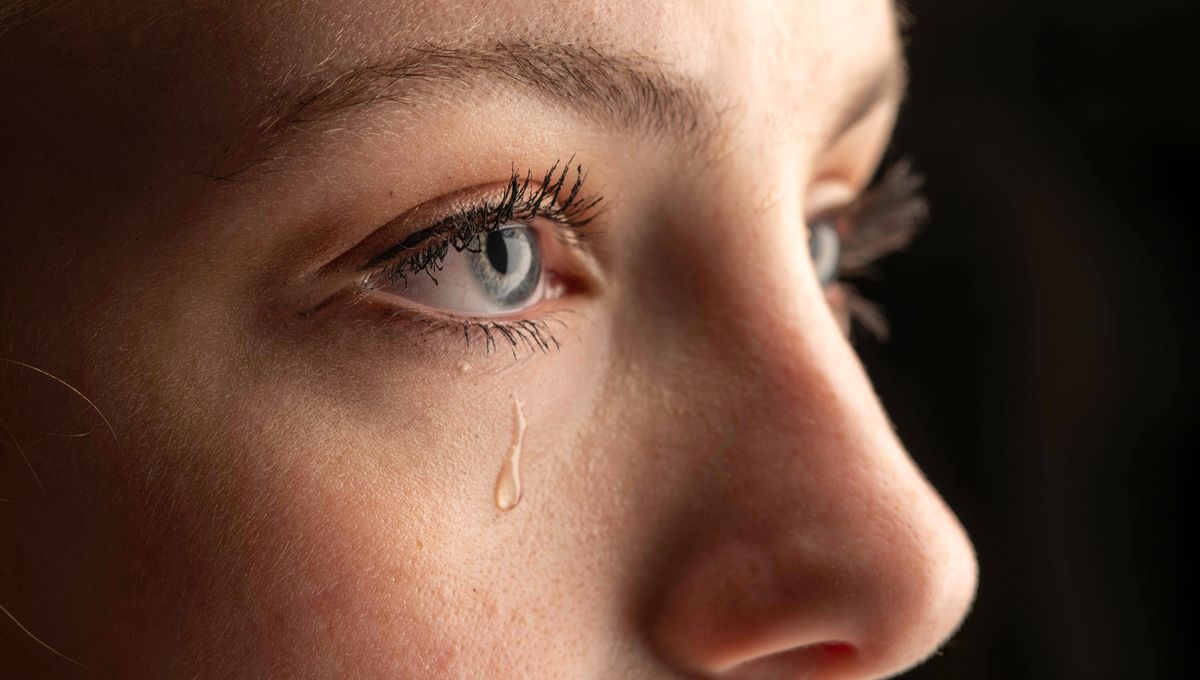Alcohol use disorder (AUD) is a challenging condition to treat, with significant implications for the physical and mental health of patients and their loved ones. Recovery from AUD often involves relapses, so scientists are searching for treatments that can break this cycle.
In recent years, there have been promising trials of pharmaceutical treatments, including the psychedelic compound psilocybin, to help individuals with alcohol dependence reduce their drinking. However, a new study is exploring a therapy that may offer even better and potentially permanent results.
This innovative gene therapy approach focuses on the brain’s reward circuitry, which is influenced by the neurotransmitter dopamine, known for its feel-good effects. The researchers are investigating the role of a protein called glial-derived neurotrophic factor (GDNF) in maintaining the function of neurons within this circuitry. They have found that levels of GDNF are reduced in individuals with AUD during periods of abstinence, particularly in a brain region called the ventral tegmental area (VTA).
The researchers hypothesized that delivering more GDNF to the cells of the VTA through gene therapy could strengthen dopaminergic signaling and prevent relapse.
The study involved eight rhesus macaque monkeys who underwent an induction period where they were exposed to increasing concentrations of alcohol. After the induction phase, the monkeys had free access to alcohol and water for 21 hours a day for six months, during which they developed heavy drinking behaviors. This was followed by a 12-week abstinence phase.
Half of the monkeys received the gene therapy through a viral vector containing a copy of the human GDNF gene, which was injected directly into the VTA. The results were remarkable.
“Drinking went down to almost zero,” said co-senior author Dr. Kathleen Grant, a professor at Oregon Health & Science University, in a statement. “For months on end, these animals would choose to drink water and completely avoid alcohol. Their drinking decreased to the point where we didn’t record a blood-alcohol level.”
The researchers explained that acute alcohol consumption in non-addicted individuals triggers the release of dopamine, which produces pleasurable sensations. However, with chronic alcohol use, the brain adapts and reduces dopamine release. Grant explained, “So when people are addicted to alcohol, they don’t experience increased pleasure from drinking. It seems that they drink more to maintain an intoxicated state.”
One of the key advantages of gene therapy is its potential for providing a permanent solution, offering hope for individuals with severe cases of AUD. AUD remains a significant health challenge, with 29.5 million people in the US experiencing AUD in 2021, including 894,000 young people aged 12-17, according to the National Institute on Alcohol Abuse and Alcoholism.
The GDNF viral vector therapy is already used in some patients with Parkinson’s disease. Neuroscientist Miguel Sena-Esteves from UMass Chan Medical School, who was not involved in the research, commented on the safety of the treatment in a briefing published alongside the study, stating, “Of note is the apparent safety of continuous GDNF expression in the VTA, as there were no serious adverse events in any of the test subjects.”
While it may take time before human trials determine the feasibility of this approach in clinical settings, it represents a positive first step towards addressing a condition described by the journal’s editorial team as “a substantial unmet clinical need worldwide.”
The study is published in Nature Medicine.

